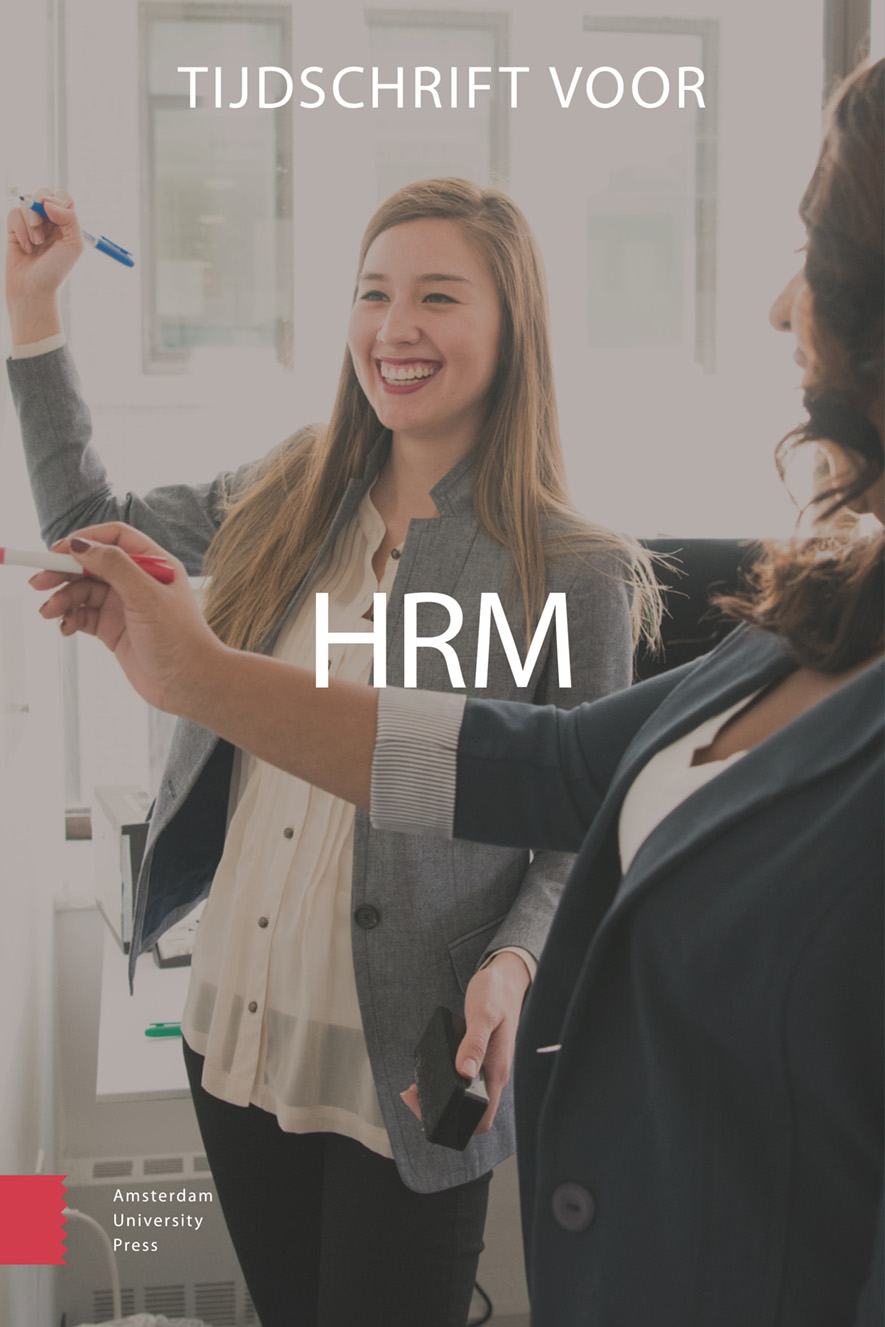-
oa Zegen, vloek of grijs gebied?
Het dynamisch effect van de COVID-19 pandemie op wetenschappelijke loopbanen in de academische medische sector
- Amsterdam University Press
- Source: Tijdschrift voor HRM, Volume 27, Issue 1, Mar 2024, p. 1 - 22
-
- 01 Jan 2024
- Previous Article
- Table of Contents
- Next Article
Abstract
Deze studie onderzoekt de loopbaangevolgen van de COVID-19 pandemie onder zowel klinische als niet-klinische academici in een Universitair Medisch Centrum (UMC) op basis van loopbaanshocks literatuur en het Job Demands-Resources theorie. De studie is gebaseerd op een vragenlijstonderzoek onder early- en mid-career academici, werkzaam binnen een universitair medisch centrum in mei 2021 (n = 250) en op inzichten uit verdiepende interviews met mid-career academici (n = 38) tussen september 2021 en februari 2022. De resultaten illustreren dat de COVID-19 pandemie voor het merendeel van de academici in de medische context fungeerde als een loopbaanshock omdat het hen dwong te reflecteren op loopbaaninvesteringen. De data illustreren het onderliggende samenspel aan hulpbronnen en werkeisen dat bepalend is voor de loopbaangevolgen en hoe dit vervolgens uitmondt in een heterogeniteit aan loopbaanervaringen. Een aanvullende opbrengst van de studie is dat de categorisatie van werkkenmerken als een hulpbron of een werkeis kan wisselen in een veranderende werkomgeving. Mede door deze wisseling fluctueren de loopbaangevolgen van COVID-19 over de tijd. De praktische opbrengsten van dit artikel benadrukken het belang van een langetermijnperspectief met betrekking op de loopbaangevolgen van loopbaanshocks alsook het belang van een aanpak op maat.



